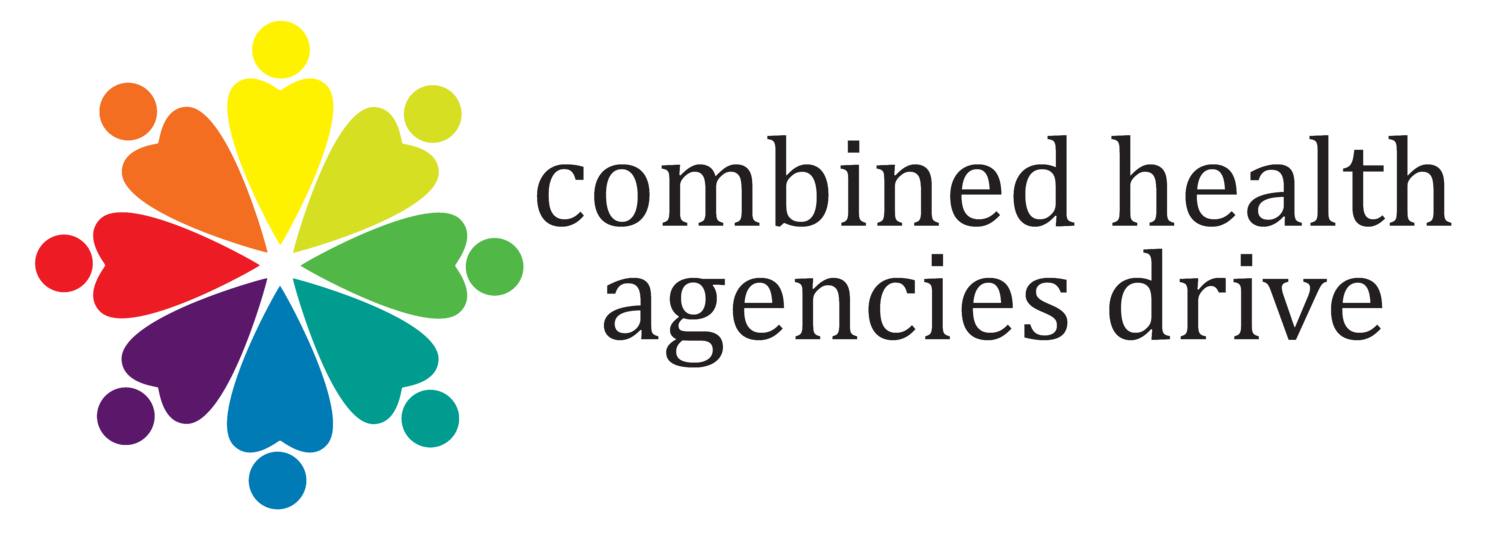Nebraska AIDS Project (NAP) offers free HIV testing at its offices in Lincoln, Omaha and Kearney; in its Scottsbluff and Norfolk offices, testing is offered and referred out to hospitals. Chlamydia and gonorrhea testing is also available as a $10 service.
“Testing is super important because not everybody thinks about HIV as a thing anymore. In Omaha, there are high chlamydia and gonorrhea rates. Lancaster County is experiencing a very, very high chlamydia rate, especially with those who are under 24,” said Lacie Tewes, Prevention & Support Services Supervisor, Nebraska AIDS Project. “But if we can get people in the door for a chlamydia test, we can also test them for HIV at the same time because people don’t really think about it as something you need to get tested for regularly. And if you’re at risk for chlamydia and gonorrhea, you’re at risk for HIV because it transmits the same way.”
NAP receives state grant funds for the testing program and relies on volunteers to provide testing. “We have an amazing volunteer base that dedicates a lot of time,” Tewes said.
Volunteers are important to the testing program because they sit in the room with the person getting tested and talk about risk behaviors, outline how HIV is transmitted and help educate people on NAP services. Jenny Sharrick has been educating people about HIV and AIDS since 2006 and working with NAP in some capacity since then. After moving to Omaha for medical school, she began volunteering with the organization on a monthly basis, providing both counseling and testing services. “People living with HIV can be so underserved, and there is so much misinformation out there about living with HIV,” she said. “I want to serve and provide education to people through volunteering.”
After testing, NAP can provide case management services for clients. “The day you test positive, you might be able to also meet with a case manager. It’s better serving the client and making sure you don’t lose touch with the person,” Tewes said. In Lincoln, Tewes is able to work with the person for their whole journey, including testing the person, referring them to doctors and acting as their case manager.
NAP provides community education services and outreach, as well. Part of that includes working with populations that are at risk. Tommy Young-Dennis joined the Omaha office as a Prevention & Outreach Specialist about a year ago and works with the BMSM community.
“Historically, African Americans are disproportionately affected and support has been long-needed in this community,” he said. “They need someone who can relate to what they have going on, and I’m able to do so and share my lived experiences and knowledge.”
Young-Dennis first connected with NAP after he was diagnosed with HIV in April 2010. A friend at UNO knew of NAP from a health fair and recommended he get confirmation of the testing result to know if it was true.
After NAP administered a rapid HIV test, the result was confirmed, but he was able to immediately sit down and talk to a counselor and case manager to map out his next steps forward. NAP was also able to help him pay for medications and provided some rental assistance.
“These were services that impacted me and went a long way in ensuring my stability and getting me to a place where I could live independently,” he said. “This baseline allowed me to push forward and live a strong and healthy life after my diagnosis.”
In working with the community, Young-Dennis and NAP work to drive conversations and remind people that HIV is something to be concerned about. “I feel as medication and research have come a long way since the 1980s, there has been less and less of a conversation on the importance of prevention,” he said. “Testing shouldn’t be treated in a lackadaisical way. It’s important to take control, keep it highly important in everyday life and make it a priority.”
Prevention services that are offered through organizations like NAP allow for people to have agency over their health, said Jacob Kahn, who has been volunteering for NAP for two years. “Testing allows individuals to know their status and learn preventative methods that can be offered for little or no cost in the community,” he said. “By providing these services, NAP is keeping people of all backgrounds safer, healthier and well-informed when it comes to their sexual health.”
NAP is also working to create an active, easy referral service for PrEP, a pill taken every day that can prevent HIV. “If people are coming in to get tested, this would be a good option for them,” Tewes said.

